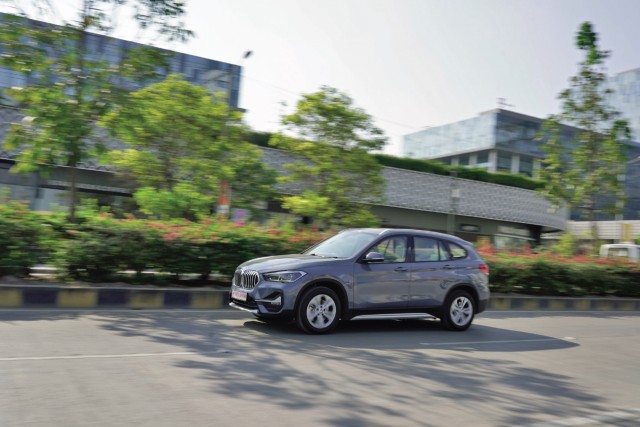
The new BMW X1 sDrive20d feels punchy from the get go, even in the Eco Pro mode that I stuck to for the city section. There are three modes available: Eco Pro, Comfort, and Sport. However, these do more for the engine’s power delivery characteristics and gear-shift timings, apart from turning off the start/stop system in Sport, but that’s about it. The suspension is a simple strut set-up at the front, with a multi-link set-up at the rear. These give it a planted feel and keep its reassuring feel going.
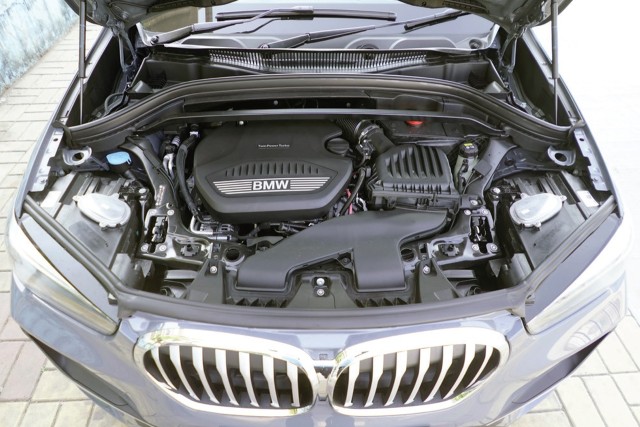
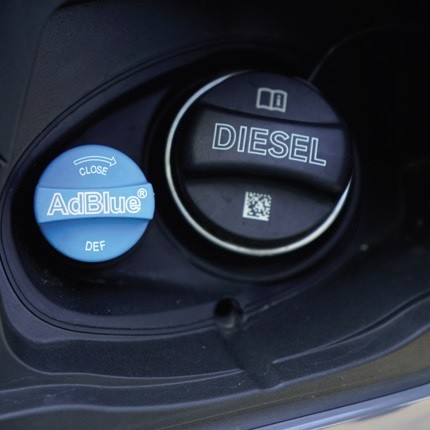 The engine is a 2.0-litre, four-cylinder TwinPower Turbo diesel engine with the same 190 hp and 400 Nm as before. It’s mounted transversely and drives just the front wheels through an eight-speed automatic transmission. However, this one is BS6-compliant and packs an advanced emission control system, especially for reduction of emissions of the oxides of nitrogen (NOx); diesel engines inherently emit lower carbon dioxide. The X1 bears a claimed efficiency figure of 19.6 km/l and CO2 emissions of 135 g/km. Real-world NOx, though, is a different story. With the new selective catalytic reduction (SCR) system, exhaust emissions of all oxides of nitrogen are broken down before they leave the tail-pipes. This is thanks to the SCR injecting a urea compound (AdBlue) in the exhaust stream. A separate diesel exhaust fluid (DEF) tank and filler (next to the conventional diesel fuel-filler) are provided. Now, on to the other numbers.
The engine is a 2.0-litre, four-cylinder TwinPower Turbo diesel engine with the same 190 hp and 400 Nm as before. It’s mounted transversely and drives just the front wheels through an eight-speed automatic transmission. However, this one is BS6-compliant and packs an advanced emission control system, especially for reduction of emissions of the oxides of nitrogen (NOx); diesel engines inherently emit lower carbon dioxide. The X1 bears a claimed efficiency figure of 19.6 km/l and CO2 emissions of 135 g/km. Real-world NOx, though, is a different story. With the new selective catalytic reduction (SCR) system, exhaust emissions of all oxides of nitrogen are broken down before they leave the tail-pipes. This is thanks to the SCR injecting a urea compound (AdBlue) in the exhaust stream. A separate diesel exhaust fluid (DEF) tank and filler (next to the conventional diesel fuel-filler) are provided. Now, on to the other numbers.
The BMW X1 sDrive20d manages to get off the line reasonably quickly, taking 8.6 seconds to get from zero to 100 km/h. What’s changed is the way it accelerates in the mid-range. Compared to the previous model — which was an xDrive to be fair — the numbers get stronger at highway speeds. While it is slower off the line, this X1 has significantly better driveability and rolling acceleration that’s over 0.6 to 0.8 of a second quicker than the previous model. This one closes in on its predecessor at 80 km/h and is quicker post that marker by almost half a second and the gaps only get bigger as speeds climb. What is noticeable, though, is the torque steer.
Being a front-wheel-drive car with 400 Nm of peak torque available from just 1,750 rpm means that every prod on the right pedal returns an involuntary shudder from the steering wheel as the front wheels get a life of their own as they scramble for traction with the little orange light on the dash flashing away almost as in SOS fashion. This sensation is something I could do without and it led to me being easier and far smoother with my right foot to avoid any unnecessary drama during overtaking or changing lanes. That apart, it’s all good.
What’s interesting is the performance display in vehicle information. It shows the actual power and torque fed to the wheels. At a consistent speed of 80 km/h, the X1 needs just about 10 kW — What? 14 hp — and 80 Nm to maintain its momentum. The Eco Pro mode also goes a big way in furthering economy. We saw about 12 km/l in the city and 17 km/l given the unrelenting traffic situation even on a scorching afternoon.
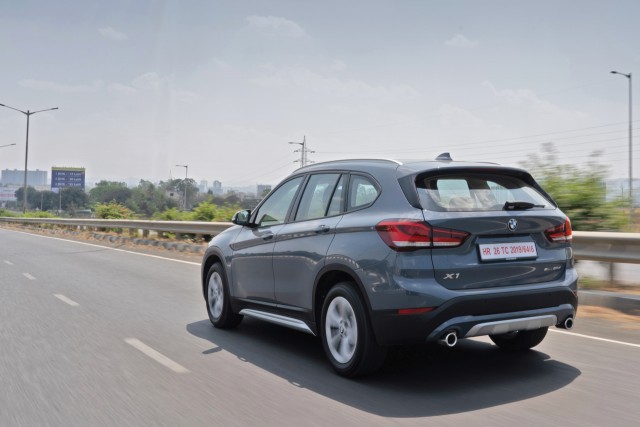
All things considered, the BMW X1 sDrive20d is a credible step up for anyone looking for a premium badge. It’s not too small and is easy to manoeuvre. It has good punch with a strong mid-range. It’s also well-equipped, safe and, at Rs 39.90 lakh (ex-showroom), is not priced too steeply as well. If diesel isn’t your flavour of choice, there are petrol variants to choose from, too.
Need to Know – BMW X1 sDrive20d xLine
Price: Rs 39.90 lakh (ex-showroom)
Engine: 1,995 cc, in-line four, turbo-diesel, direct injection
Max Power: 190 hp @ 4,000 rpm
Max Torque: 400 Nm @ 1,750-2,500 rpm
Transmission: Eight-speed, automatic, front-wheel drive
Suspension: Single-joint spring strut front, multi-link rear
Weight: 1,612 kg
Performance:
Acceleration (0-100 km/h): 8.66 seconds
Top Speed: 222 km/h (claimed)
Efficiency: 195 g/km CO2 and 19.6 km/l (claimed);
11.5 km/l city, 17 km/l highway, 12.88 km/l overall (as tested)
Also read: BMW 48-volt Mild-hybrid Technology


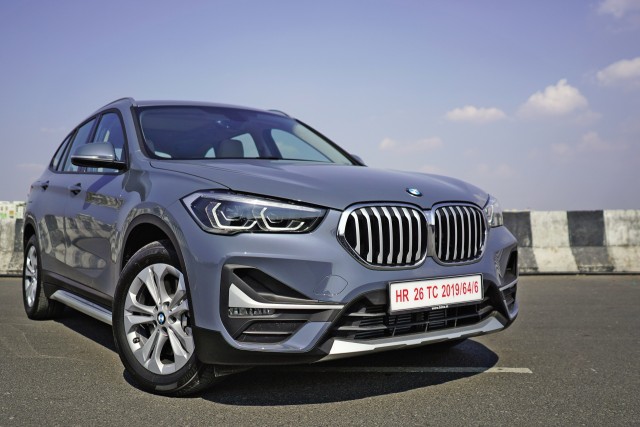


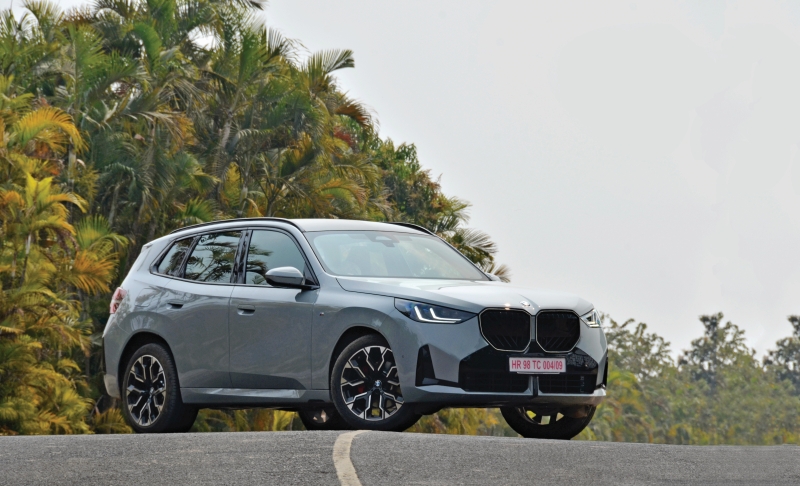


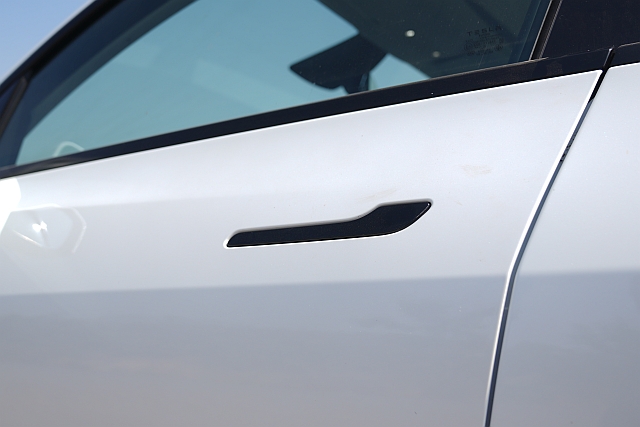

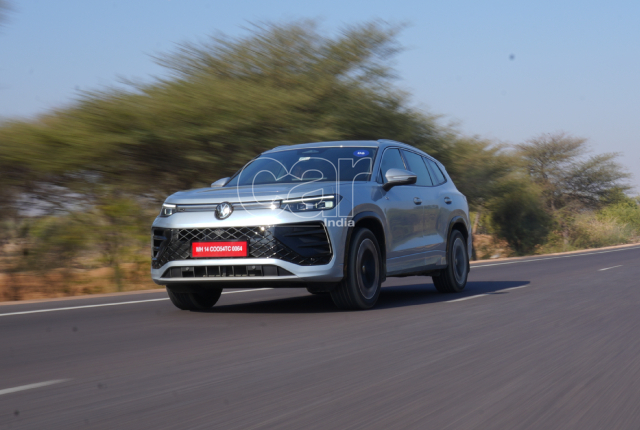


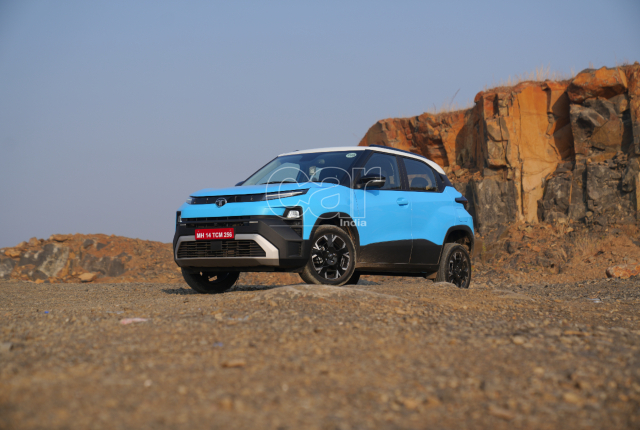
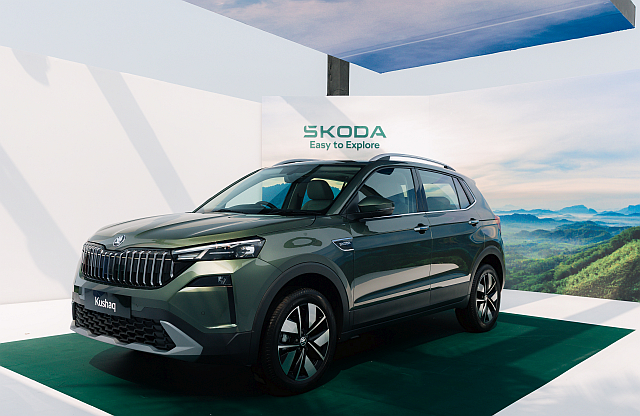
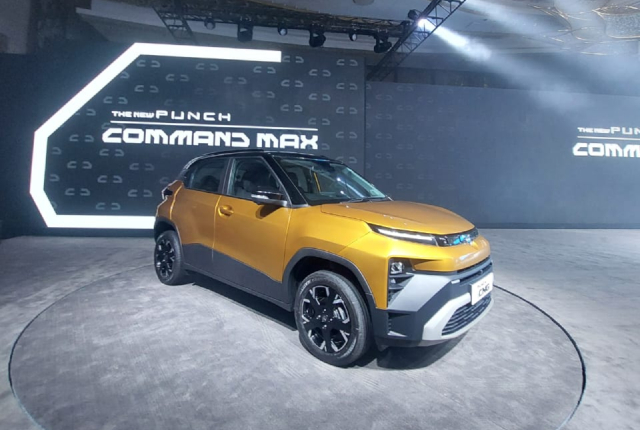
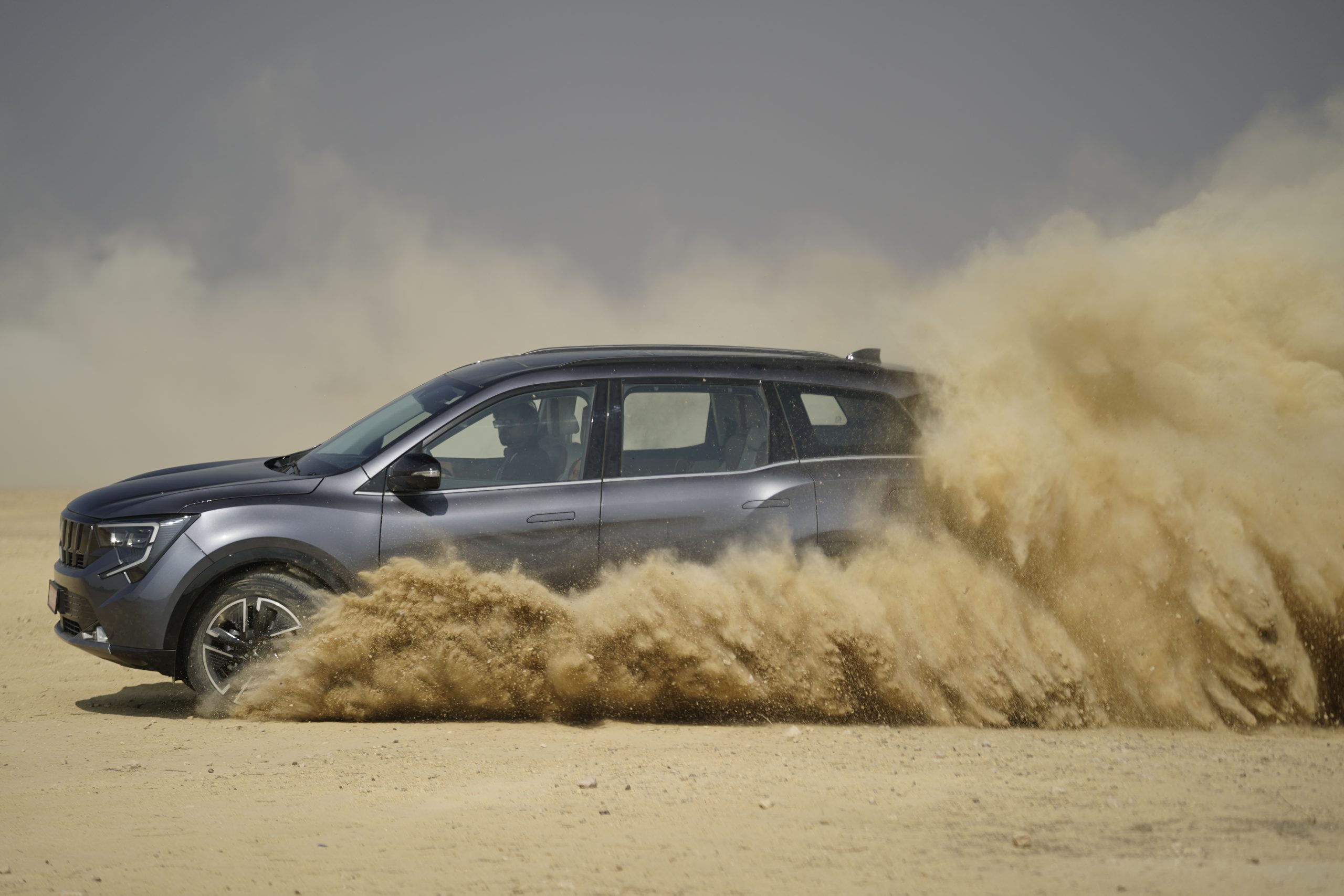

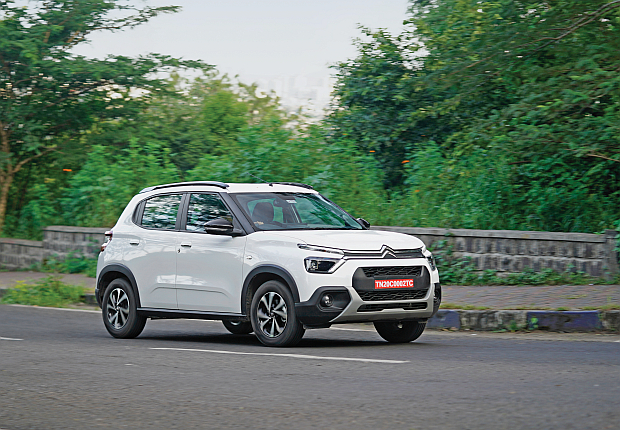

Leave a Reply